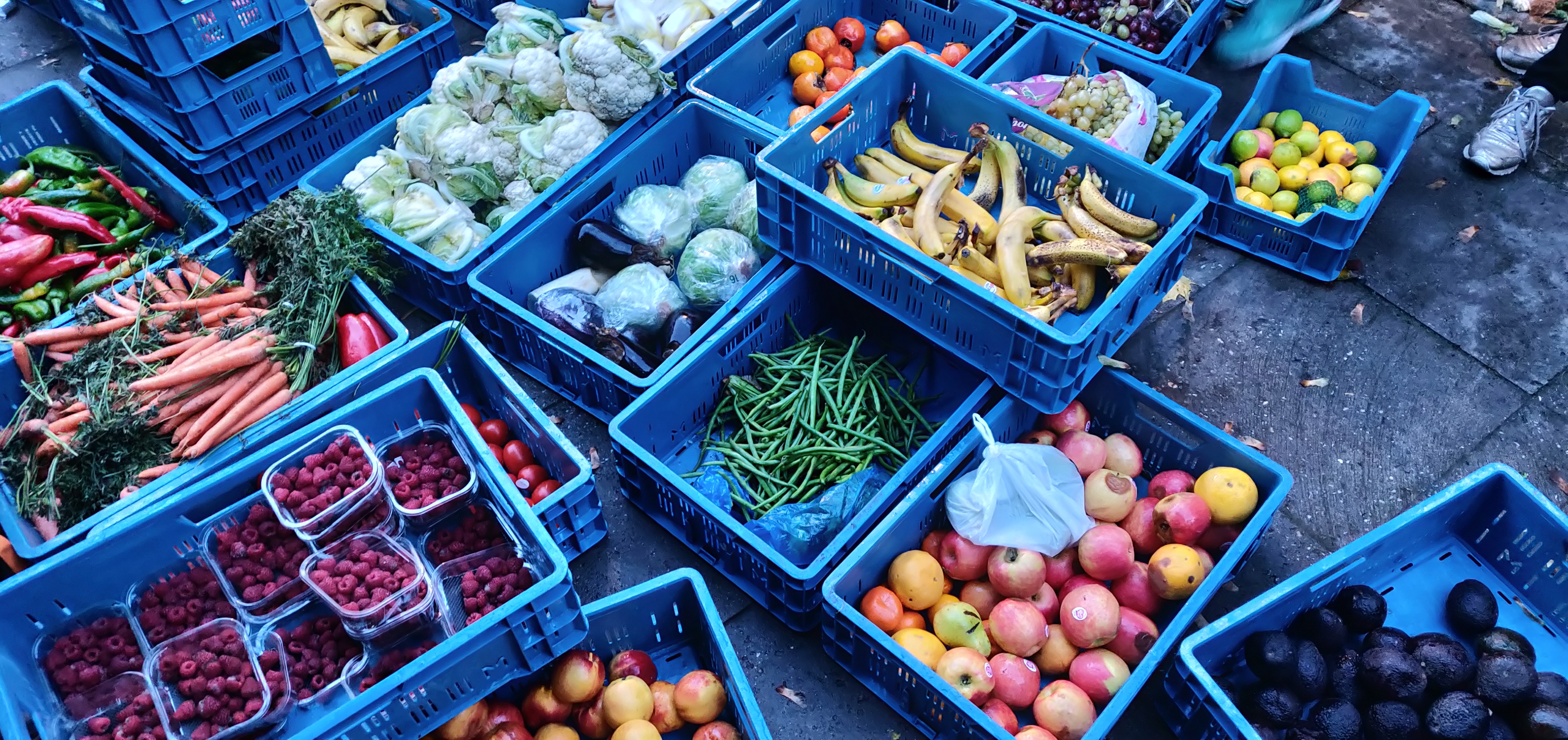
The weekend of the 27th October saw 44 events happen across the continent as part of the Good Food Good Farming campaign. This racks up a total of 69 events in 19 countries throughout the month of October. From street demonstrations and meetings with ministers to film festivals and farmers markets, the Days of Action were diverse and colourful. Because the campaign encouraged local organisations and groups to organise events specific to their region, all sorts of groups were involved. Here are some events you might have missed…

1. Transhumanica Festival, Madrid
Once a year, Madrid’s streets are filled not with cars, buses and bikes but with sheep. Shepherds guide their livestock through the concrete to protest the increasing difficulty for them to access ancient migration routes. This is the practice of transhumance; moving livestock to different pastures in seasonal cycles. The route chosen is the traditional path to winter grazing spots down south.
This year marked the 25th anniversary of the revival of this age-old practice. Accordingly on the 21st October, 1,500 Merino sheep and 100 retinta goats, culminated their 500km pilgrimage from Parque de Picos de Europa to the Capital. Over the course of that weekend around 4,200 people participated in the sheep passage and the series of workshops on transhumance which accompanied it. Project coordinator Concha Salguero said of the event
‘After 25 years the annual Transhumance Celebration is undoubtedly a resounding success. In Madrid, it is already known as an exciting event that people of all ages expect and enjoy in the streets; the eldest still remember the herds crossing their home villages and for families and children direct contact to nature in such an urban space is rare and creates a general festive atmosphere. This year we also organised different workshops related to transhumance traditions (wool and cheese making, pottery, traditional singing and dancing, etc) where we saw the real need of people to reconnect with nature and its products and also to create together. ‘
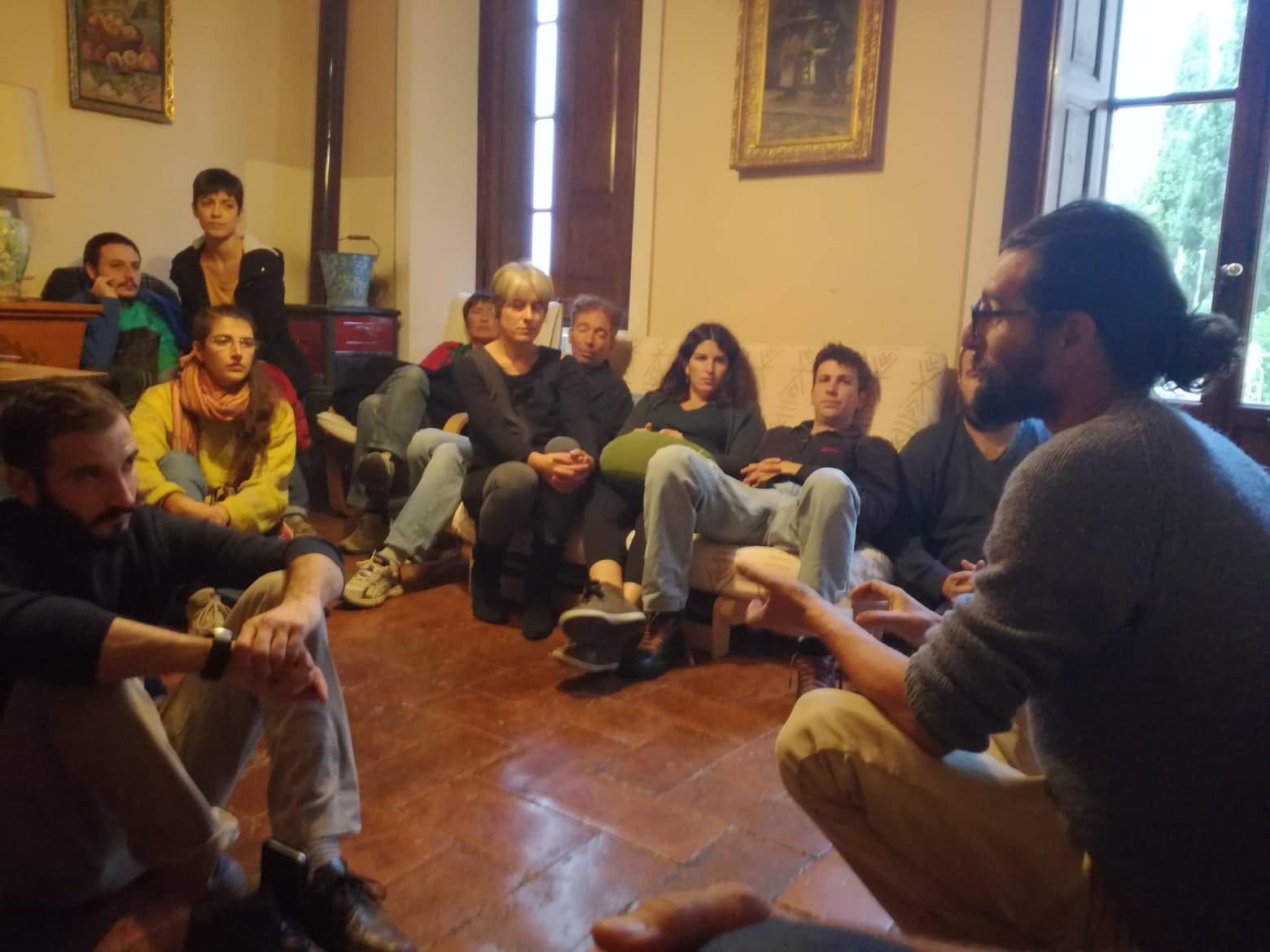
2. Olive Harvest Festival, Arezzo, Italy
Much of the continent was graced with wet spells that weekend which meant many plans had to be adjusted somewhat. The Festa della raccolta, or the olive harvest festival, suffered similarly. Previously they had wanted to celebrate in the olive groves but organiser Aldo Riboni says “the land was only present in the form of our final products; our own live oil, honey and visanto wine.” They showed clips from the film Land Awakening, had a speaker and an evening of conversation and music – traditional Tuscan songs, tangos and accordion music.
“Celebrating this special moment of the year, ” Riboni tells me, “when all the work comes to its end, with other people (some of whom were involved in the harvest) has been precious to me. I hope our small, very local happening can contribute to the European movement.”
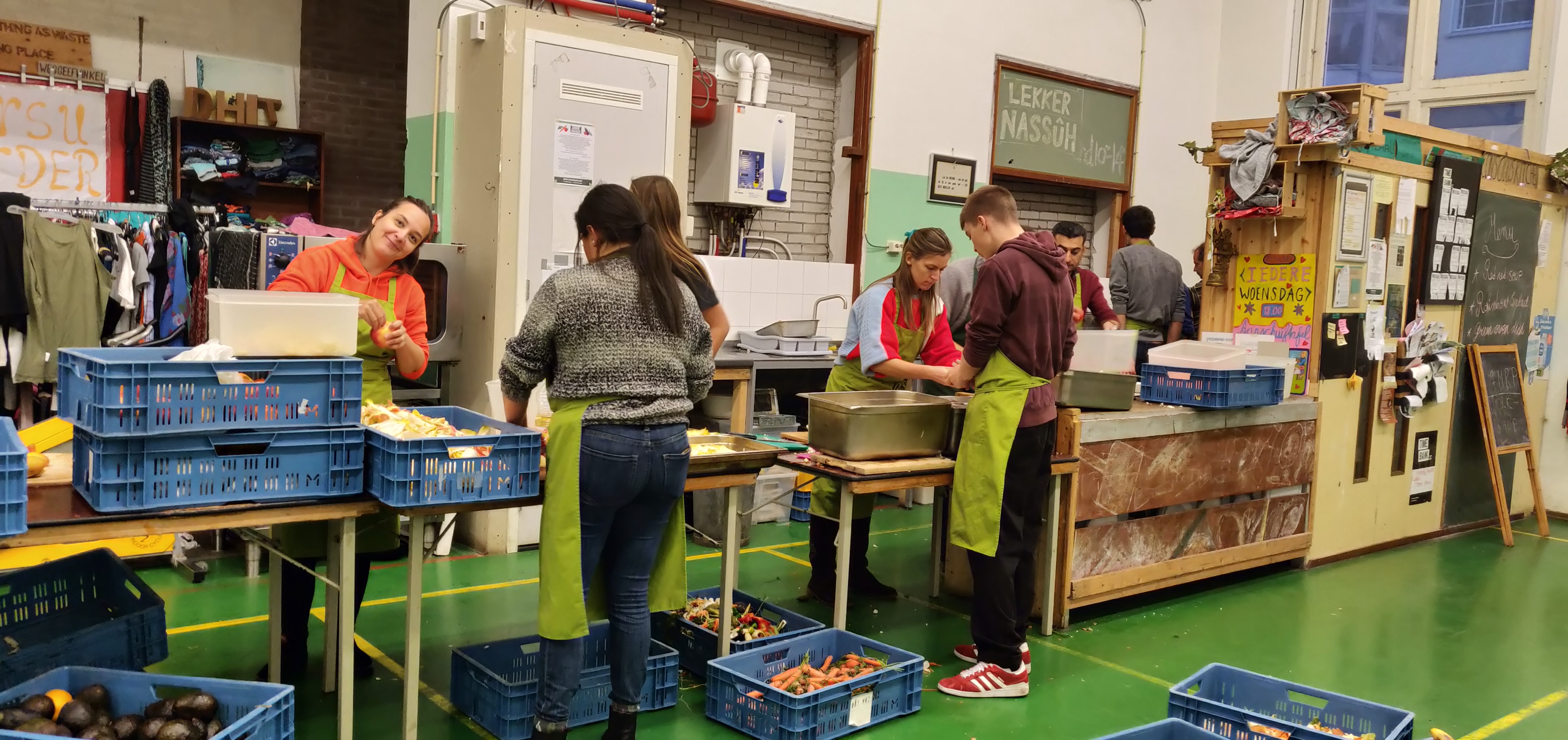
3. Conscious Kitchen, Den Haag
Den Haag-based Conscious Kitchen is a grassroots organisation cooking up weekly community feasts. They gather surplus food from The Hague Market to raise awareness of how much food is usually thrown away, cook up a vegan meal and gather to eat it. Organiser Ana-Maria Gatejel says the GFGF campaign “was a great opportunity for us to place ourselves in the bigger picture and use the public space for political debates…The whole idea behind the event was to challenge the status quo of industrial agriculture and plant the seeds of a degrowth-oriented thinking.”
Accordingly, alongside the usual dinner Conscious Kitchen welcomed two speakers, Anitra Nelson and Francois Schneider. They spoke on the way food initiatives have incorporated degrowth thinking, focusing in particular on Can Decreix, a house for “transformation, research, arts and agroecology” on the Spanish-French border.
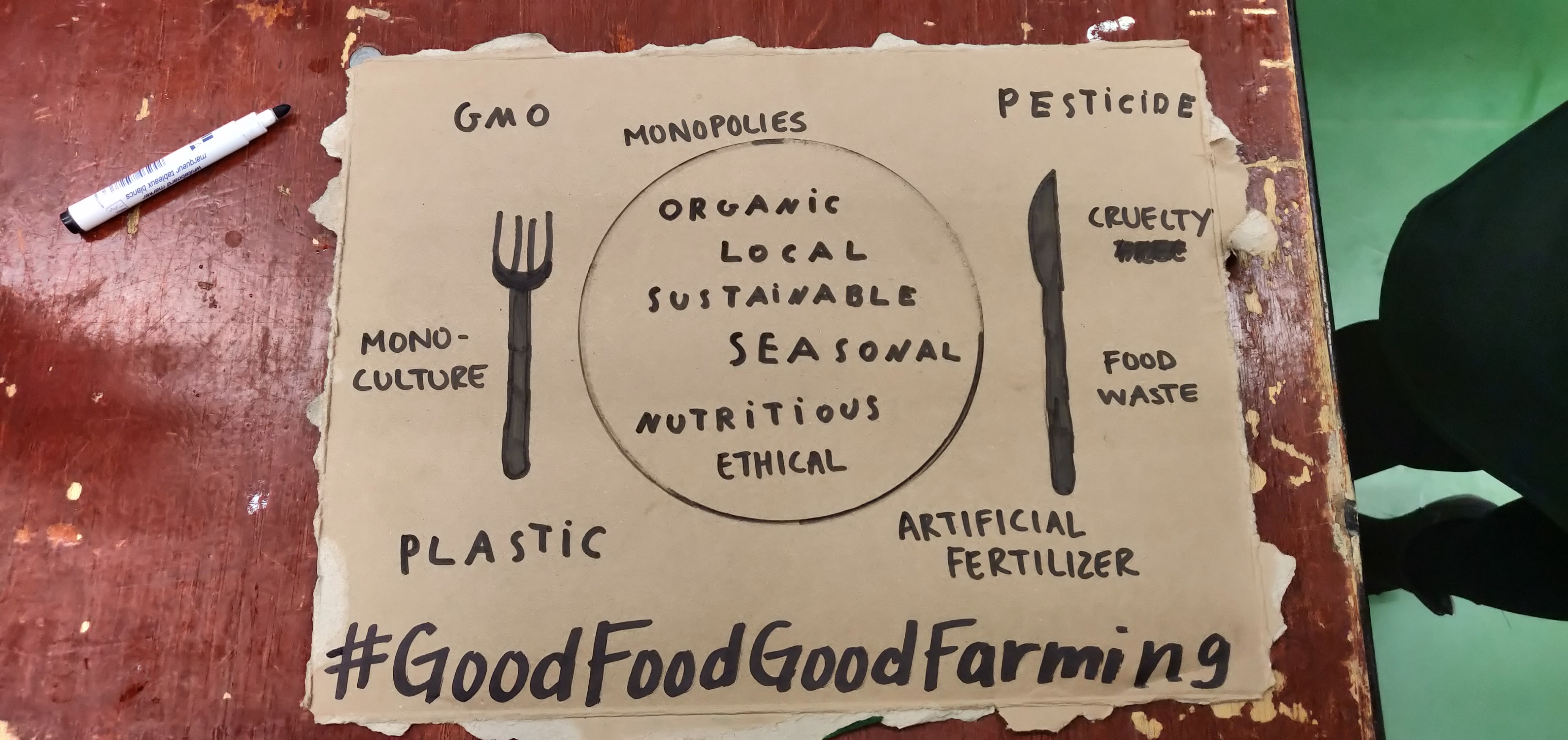
4. Good Food Conference, Zagreb
Zagreb’s second Good Food Conference took seed politics as a focus this year. Over three days the Croatian Green Network of Activist Groups (GNAG) hosted film screenings and discussions on seed sovereignty and activism, a seed swap fair and a presentation of the new Community Seed Bank Croatia. Alongside this the conference also hosted a regional food activism forum for practitioners from Serbia, Macedonia, Bosnia and Herzegovina and Croatia. One of the organisers, Drazen Simlesa, said the conference was a chance for food activists to gather and express solidarity with other projects in the same field and region.
What now?
On 19th November 2018, many people involved in the GFGF campaign will meet in Brussels for one final action. Over a disco soup, we will present to EU agricultural ministers, meeting in part to discuss the future of CAP, a letter with our demands. At time of writing, the petition has been signed by 99,322 people across Europe. The event is to draw together the 69 events and with a unified voice present to ministers what changes we want to see.
For me, involved in hosting our own little event in London as well as representing ARC2020 on the steering committee of the GFGF campaign, this style of having many geographically-specific events rather than one big one is interesting and important. There are obvious questions about accessibility: not everyone who cares about bringing an end to the industrial agricultural system can afford to come to Brussels for a demonstration. Many more can afford to attend a local event or even host it themselves. This also means that a greater diversity of groups and individuals are involved in organising: there is a very important role for the large, well-established food and farming NGOs in influencing future agricultural policy but they are not the only players. Across the continent, there are many examples of local communities taking things into their own hands. The events here highlight the need not just to know the ins-and-outs of agricultural policy and what to change but also to acknowledge and learn from the work already being done to create alternative food systems, ones in which indigenous agricultural knowledge and practices are maintained, food waste is productively used and food growers are celebrated for their vital contributions and hard work.
I hope a future GFGF campaign holds on and builds upon these grassroots connections. I want to see a growing European network which rallies Brussels for more socially and environmentally ambitious policy and highlights the great work happening across the continent to build more just, healthier food systems.



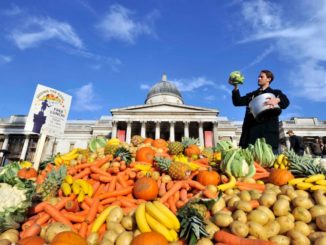
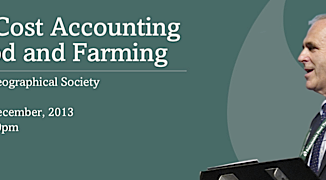
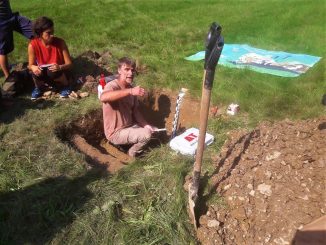
1 Trackback / Pingback
Comments are closed.